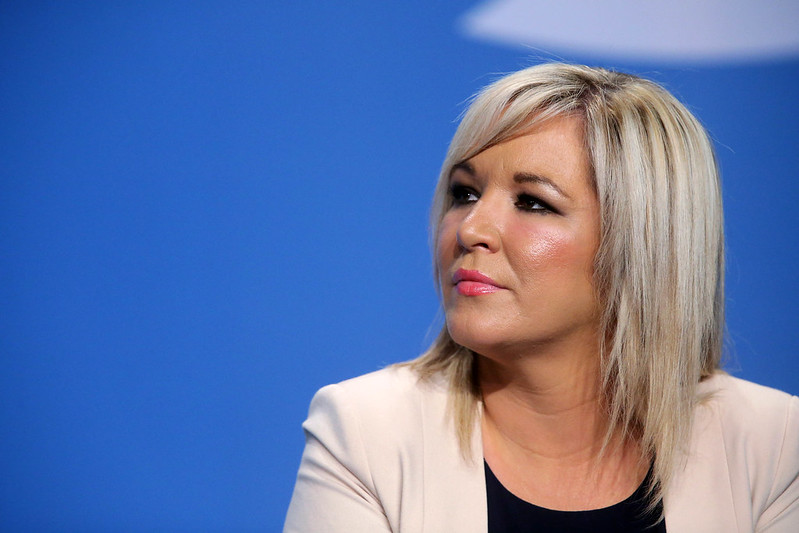Sinn Féin could become the biggest party in Northern Ireland on May 5 – here’s what it means for power-sharing
Dr Peter McLoughlin looks at next week's Assembly elections in Northern Ireland.

Party leaders on both sides of the political divide in Northern Ireland agree that the Stormont assembly election on May 5 could be the most important in a generation. Polls continue to suggest that Sinn Féin will become the largest party for the first time in Northern Ireland’s 101-year history – a victory which could see republicans leading a state they once promised to destroy.
The unionist DUP may face the difficulty of serving as deputy to a Sinn Féin first minister. Although the first and deputy first minister roles at Stormont are equal in terms of their powers, even titular subservience to republicans is ideological anathema to unionists. Having emphasised the importance of winning the first minister role for so long, now losing it would be a further blow to unionists’ already fragile morale.
Many are unsympathetic. The DUP backed Brexit, then resisted former prime minister Theresa May’s efforts to deliver a deal that would avoid any border controls. Instead, the party aided Boris Johnson in replacing May, despite widespread predictions that he would abandon unionists – as he swiftly did.
The DUP, currently the largest party, had already resigned the first minister role in February in protest at the so-called Northern Ireland protocol – the section of the UK-EU Brexit trade deal which left the region effectively under Brussels’ regulation.
To continue reading, please click here.
Article originally appeared on The Conversation.
The featured image has been used courtesy of a Creative Commons license.




